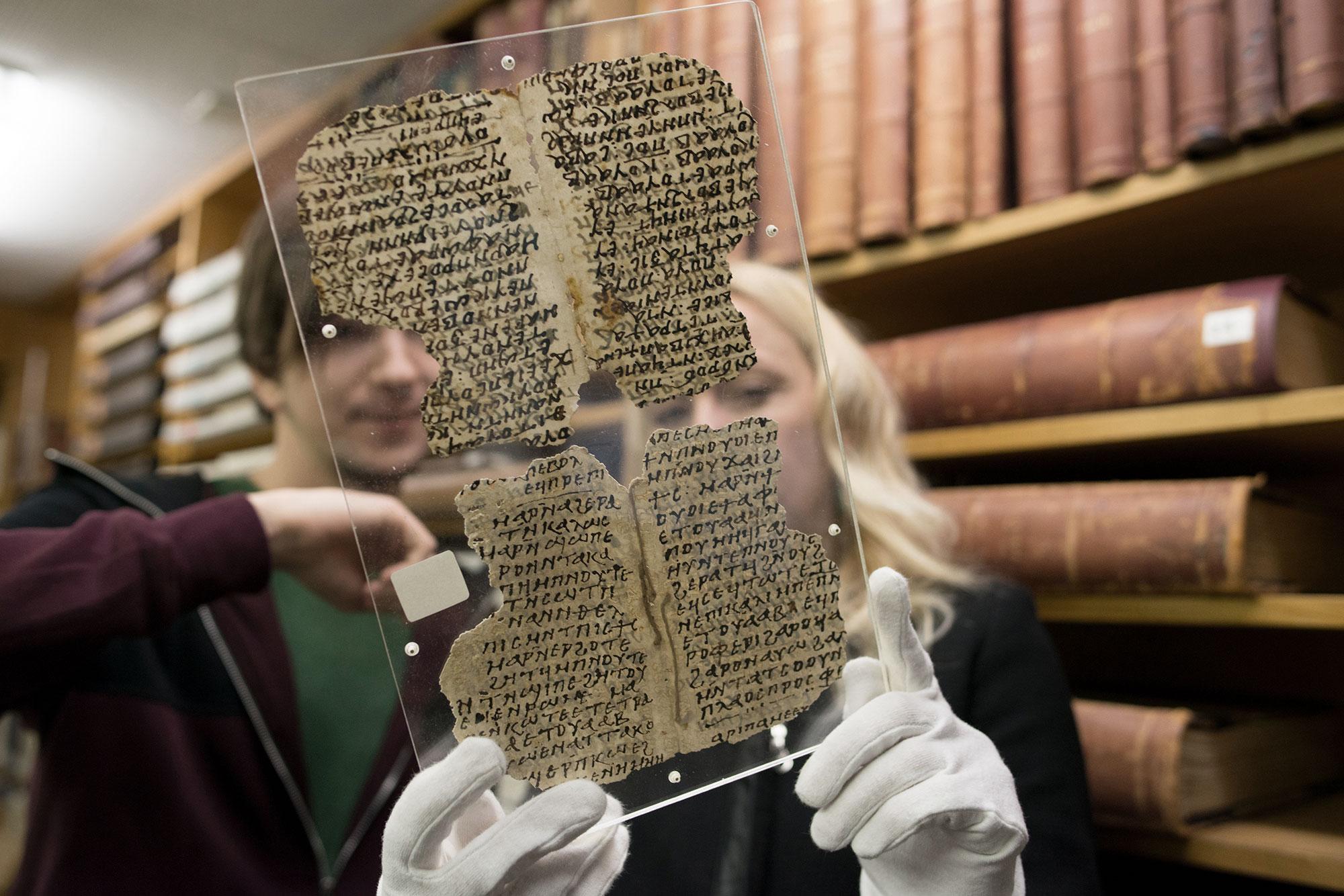SNSF Swiss Postdoctoral Fellowships 2022: 90 projects approved

The SNSF has awarded grants totalling 22.1 million francs as part of the transitional measure "SNSF Swiss Postdoctoral Fellowships 2022".
After evaluating the 503 proposals it received for SNSF Swiss Postdoctoral Fellowships 2022, the SNSF has approved 90 projects. They will be allocated a total budget of 22.1 million francs for an average period of 2 years.
Due to Switzerland's status as a non-associated third country in Horizon Europe, the SNSF launched the transitional measure "SNSF Swiss Postdoctoral Fellowships 2022" on behalf of the Swiss government. The call was aimed at early-career researchers who wanted to apply for a Marie Skłodowska-Curie Postdoctoral Fellowship (MSCA PF) and obtain a position at a not-for-profit research institution in Switzerland for 12-24 months.
Slightly higher success rate for women
At 20.6%, the success rate for women is slightly higher than for men (16.1%). Of the 90 projects approved, 41 – or 46% – will be led by women researchers.
In each research field, Swiss experts as well as a larger share of international experts were asked to evaluate the submitted projects. 37 projects will be funded in mathematics, natural and engineering sciences, 31 in the life sciences and 22 in the humanities and social sciences, a field that received fewer applications.
Researchers at universities will receive nearly 62.2% of the funds. 33.3% are allocated to the ETH domain and 4.5% to other institutions.
Some examples of funded research projects
Humanities and social sciences
The project conducted by Daryna Abbakumova (Geneva Graduate Institute) will focus on issues related to the application of the norms of international humanitarian law to cyberattacks in situations involving armed international conflict. This is a challenging question in terms of international law due to the lack of clear legal regulation in international legislation. Abbakumova will study cyberattacks conducted as a means of warfare during Russia's invasion of Ukraine. Moreover, issues related to the application of the law of neutrality to cyber operations will be investigated. Cyberattacks will also be considered from the point of view of war crimes in international armed conflict.
Life sciences
Whether and how microalgae can be used as a source of iron in our diet is the subject being investigated by Fengzheng Gao (ETH Zurich). More than 2 billion people worldwide suffer from iron deficiency, and more than half of them are anaemic. The best treatment strategy is still considered to be dietary iron intake. However, iron-rich foods such as red meat or fish are expensive and unavailable to many people, especially in low-income countries. Iron absorption from plant-based foods is generally not high due to overall low bioavailable iron content and the iron uptake inhibitors that are frequently present. Therefore, more sustainable and accessible sources of highly bioavailable iron are needed. Microalgae are small, fast-growing microorganisms that contain large amounts of iron. Gao will investigate various microalgae species and assess their potential as a new dietary iron source to overcome iron-deficiency anaemia.
Mathematics, natural and engineering sciences
The project of Sofia Botti (Università della Svizzera italiana) is designed to provide innovative contributions in mathematics, with implications in regenerative and cardiac computational medicine. More specifically, Botti aims to develop a computational model for the simulation of cardiac tissue engineered from human-induced pluripotent stem cell-derived cardiomyocytes (hiPSC-CM). This model can be used to virtually represent patient-specific tissue to simulate different treatment strategies, thus providing real-time support for medical decisions. The benefits of such a patient-specific simulator are a step in the direction of personalised medicine in that it reduces the costs and time spent on elaborate testing in the laboratory.